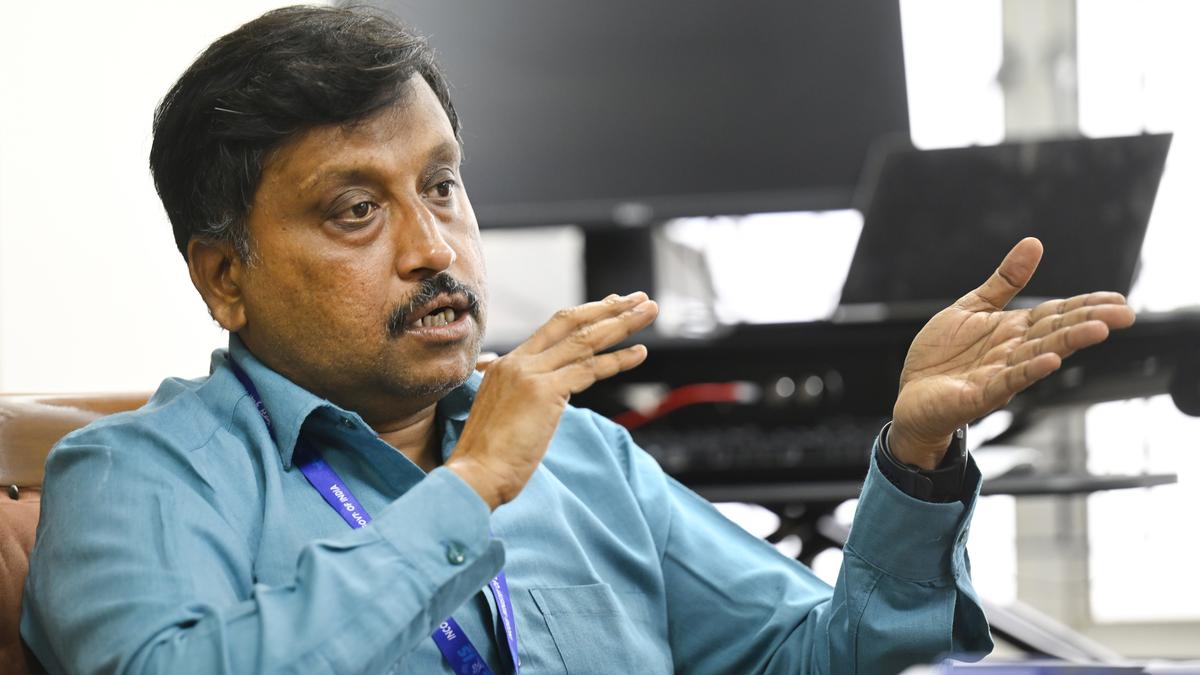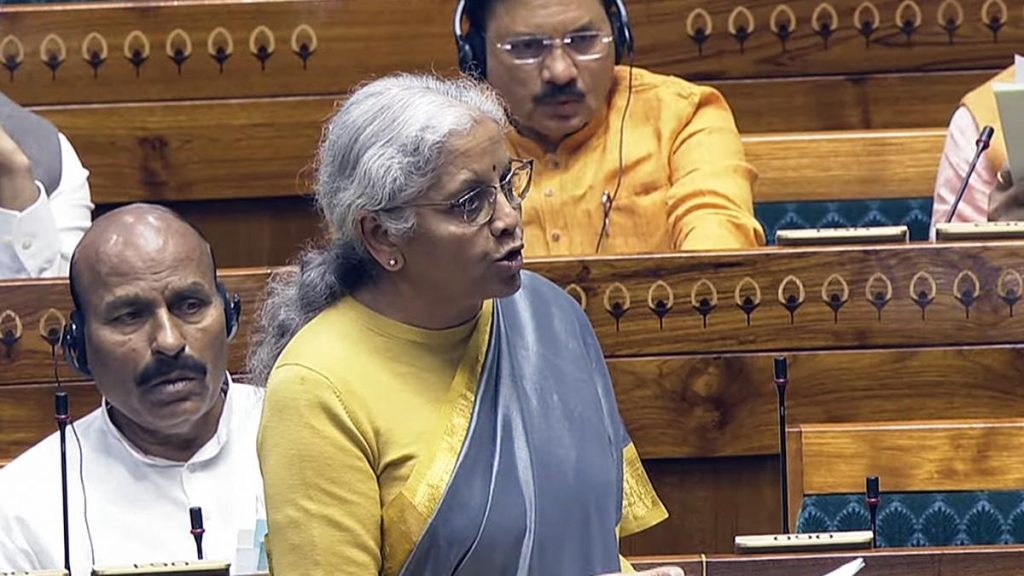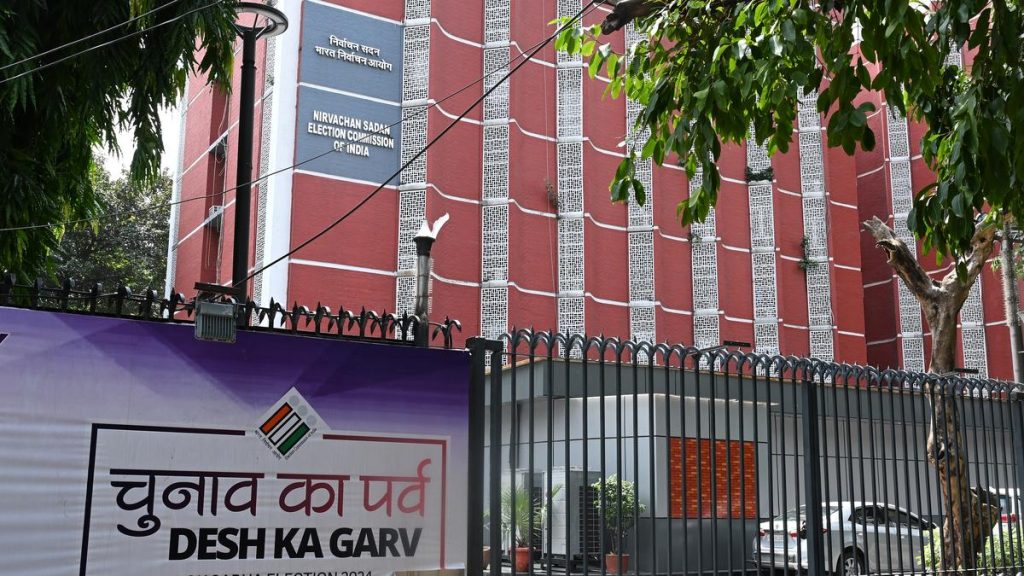Now Reading: INCOIS Prioritizes Forecasting High-Impact Events like Storm Surges, High Waves
-
01
INCOIS Prioritizes Forecasting High-Impact Events like Storm Surges, High Waves
INCOIS Prioritizes Forecasting High-Impact Events like Storm Surges, High Waves

Rapid Summary
- Leadership at INCOIS: Thayannur Mullachery Balakrishnan Nair has taken over as the Director of the Indian National Center for Ocean Information Systems (INCOIS), under the Ministry of Earth Sciences.
- INCOIS Milestones: Celebrating 25 years, INCOIS is recognized as a global leader in operational oceanography alongside countries like the US, UK, France, and Japan. Key services include potential fishing advisories (PFA), tsunami warnings, and ocean forecasts.
- Achievements: The institute provides daily PFA advisories to 9 lakh fishermen and supports various stakeholders such as maritime industries and disaster management agencies through advanced observation systems like tide gauges, tsunami buoys, Argo floats, and gliders.
- Technological Developments: INCOIS is advancing real-time monitoring with undersea cables and aims to deploy satellites for more frequent forecasting. Plans extend to decadal predictions using AI/ML techniques and seabed observation systems in critical zones like Andaman subduction region.
- International Role: India aids 30-40 countries with oceanic alerts across the Indian ocean region. Training programs for over 6,000 personnel from 97 nations enhance capabilities in operational oceanography.
- Mission Objectives: Focus areas include high-impact forecasting related to rising sea levels, storm surges, support for blue economy stakeholders like fisheries/tourism sectors, and deep-sea exploration.
Indian Opinion Analysis
The achievements of INCOIS underline India’s growing expertise in marine sciences and its leadership role in ocean information systems globally. By integrating advanced technologies such as AI/ML-based modeling tools for long-term forecasting while expanding international cooperation through capacity building initiatives across Africa or Pacific islands-India demonstrates a commitment towards lasting ocean management. The institute’s work directly benefits livelihoods by improving disaster preparedness or fishing yields while addressing existential challenges posed by climate change impacts on coastal communities.However key priorities moving forward must focus on enhancing accessibility of data at grassroots level especially low-income fisher folk alongside expanding longer-term predictive frameworks designed not just around emergencies but economic growth adjacent industries blue economoesy























